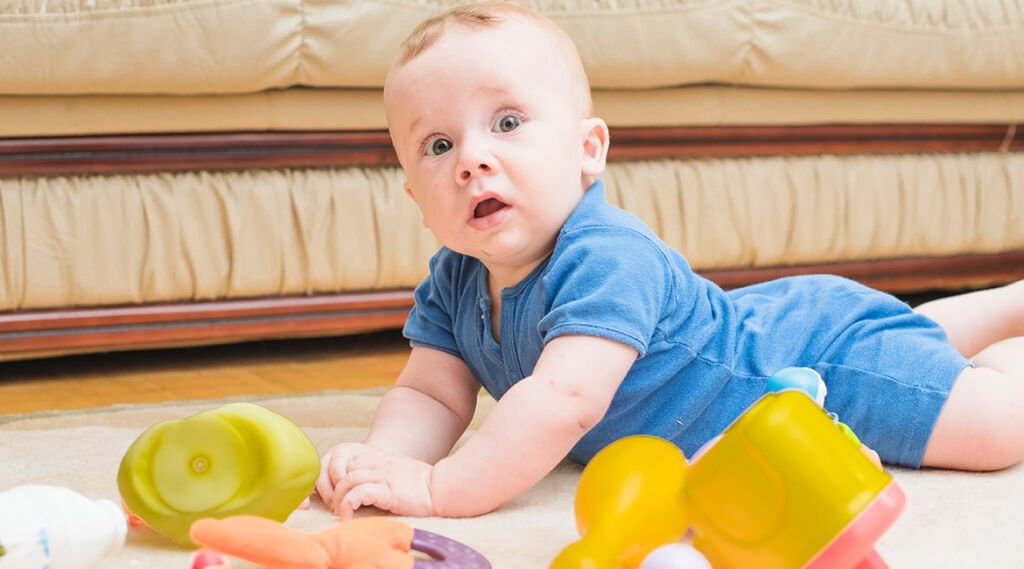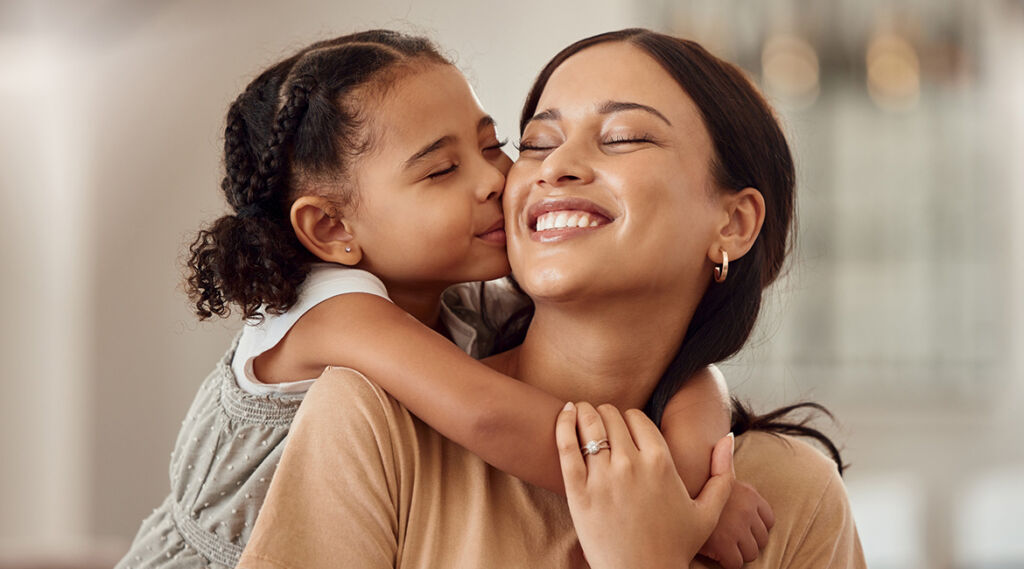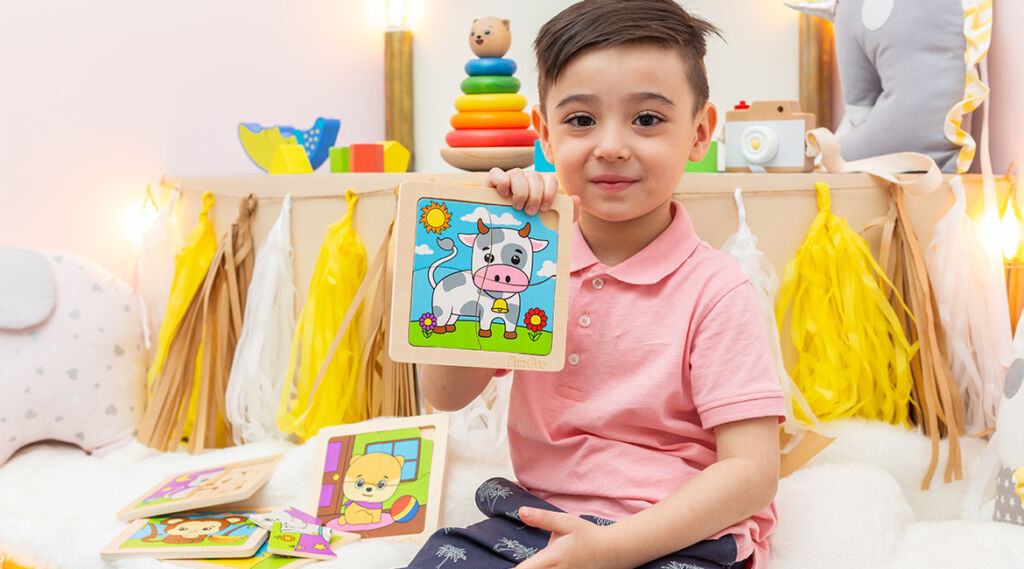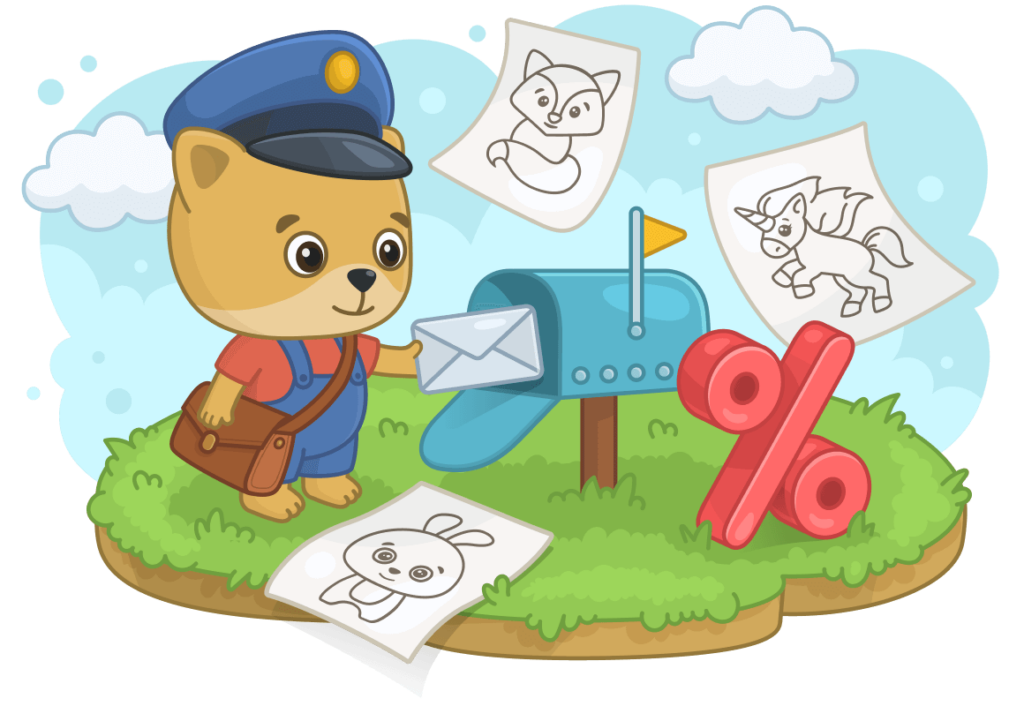Anxiety is not limited to adults; it can also affect children, causing worry, fear, and unease in their young minds. As parents and caregivers, understanding how to support children dealing with anxiety is crucial for their emotional well-being. While conventional approaches like therapy and counseling are valuable, incorporating toys into their daily lives can also provide significant therapeutic benefits. In this article, we delve into how toys help kids with anxiety and explore the various ways these simple playthings can provide comfort and support. At Bimi Boo, we create toys that not only bring joy to children but also serve as powerful tools for stress relief, promoting relaxation and emotional well-being for both parents and kids alike.
The Role of Toys in Easing Childhood Anxiety
Play is an essential aspect of a child’s development, and it goes beyond mere entertainment. Engaging with toys offers a safe and imaginative space for children to express their emotions and cope with anxiety. Here are some key ways toys can help kids manage their anxiety:
Emotional Expression:
Children may find it challenging to verbalize their feelings, especially when it comes to anxiety. Toys provide an outlet for emotional expression, allowing them to act out scenarios, create stories, and process their emotions through play.
Comfort and Security:
Certain toys, like stuffed animals or soft blankets, can become comforting companions for anxious children. These cuddly toys provide a sense of security and familiarity, easing feelings of uncertainty and fear.
Distraction and Relaxation:
Engaging with toys can serve as a healthy distraction from anxious thoughts. It helps children shift their focus, promoting relaxation and reducing stress.
Social and Cognitive Development:
Toys that encourage imaginative play can help children develop social skills by interacting with others during playtime. Positive social interactions foster a supportive environment that can alleviate anxiety.
Coping Skills Practice:
Some toys, such as puzzle games or building blocks, encourage problem-solving and critical thinking. These activities teach children valuable coping skills that they can apply when faced with anxiety-inducing situations.
Toys for Kids with Anxiety: Best Choices
When selecting toys to help kids with anxiety, it’s essential to consider their individual preferences and needs. Here are some excellent toy choices that can offer anxiety relief for children:
Worry Dolls:
These tiny dolls, originating from South America, are designed to take away worries. Children can share their concerns with the doll before bedtime, placing it under their pillow for a peaceful night’s sleep.
Calm Jars:
Also known as sensory bottles, calm jars contain glitter or colorful objects in a liquid-filled container. Shaking the jar and watching the objects settle can be a soothing activity for anxious children. For Toddlers and Preschoolers, close supervision is crucial. Choose securely sealed, larger bottles with non-toxic, age-appropriate materials. Safety first!
Squishy Toys:
Soft and squeezable toys, such as stress balls or squishy animals, provide a tactile experience that helps release tension and promotes relaxation.
Art and Craft Supplies:
Drawing, painting, and crafting allow children to express themselves creatively, which can be therapeutic for anxiety management.
Role-Play Sets:
Toys like doctor kits, kitchen playsets, or superhero costumes encourage imaginative play, enabling children to process real-life situations through play scenarios.
Conclusion
Toys play a crucial role in a child’s life, and for those dealing with anxiety, they can serve as powerful tools for emotional support and growth. Whether it’s through emotional expression, distraction, or fostering social skills, toys provide a safe and fun space for children to navigate their anxious feelings. As parents and caregivers, introducing appropriate toys and engaging in playtime with the child can strengthen the bond and create a positive environment for anxiety management. Remember, a little playtime can go a long way in helping kids cope with anxiety and promoting their overall well-being.






